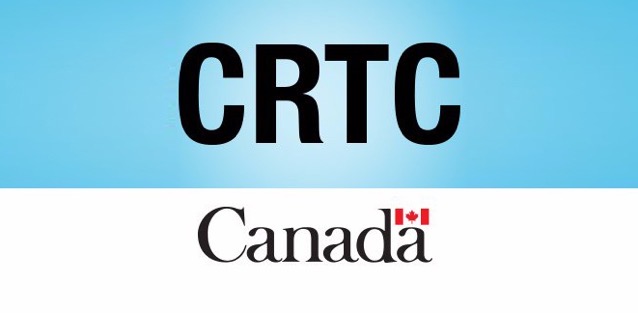
CRTC Chair Promises User-Generated Content Won’t Be Regulated Under Bill C-11

Canadian Radio-television and Telecommunications Commission (CRTC) chairman Ian Scott said on Monday that the regulator has no plans to assert authority over user-generated content on the internet under Bill C-11 — reports the National Post.
“It is not the focus of the CRTC. Regulating it will not be in the public interest and will not contribute to the system,” Scott said at the International Institute of Communications (IIC) Canada’s annual conference. “We have lots of things to do. We don’t need to start looking at user-generated content.”
Bill C-11 was tabled by Heritage Minister Pablo Rodriguez in February. Its predecessor, Bill C-10, failed to pass prior to the last election, mainly due to the same public concerns Bill C-10 now faces.
Like its predecessor, Bill C-11 is an amendment to the Broadcasting Act designed to push taxes and CRTC oversight on all online video streaming services to ensure that they contribute to Canadian content like traditional broadcasters do.
Unlike its predecessor, however, Bill C-11 includes exceptions for non-commercial and user-generated content hosted by online platforms.
Heritage Minister Pablo Rodriguez has also said that Bill C-11 is designed to target “big online streamers” and commercial content such as music on YouTube.
However, Jeanette Patell, head of government affairs and public policy for YouTube Canada, argued that Bill C-11 is still so broadly worded that it could potentially put “essentially everything on the internet” under the CRTC’s purview. Other critics of the proposed bill, including experts and everyday Canadians, share Patell’s view.
Last month, Scott shrugged off critics’ concerns about the authority Bill C-11 would grant to the CRTC when he spoke at Ryerson University in Toronto.
If Ottawa doesn’t want Bill C-11 to cover user-generated content and if the CRTC has no intentions of pushing regulation on it, said Patell, the best thing to do is to have the language of the bill explicitly reflect that.
In its current state, Bill C-11 leaves the definition of “commercial” content — and by extension the content that can be regulated — up to the Commission (under government-recommended guidelines).
Minister Rodriguez said in February that the government will “listen to the experts” on its revised broadcast bill.
YouTube, a platform likely to be impacted by the legislation, has warned it could inadvertently hurt creators by essentially force-feeding content to users who might not actually be interested in it. Platform algorithms might mistake their disinterest for the content being bad, deprioritizing it for delivery to users outside Canada.
Scott is set to be replaced in September as his five-year term as CRTC chairman comes to an end.
Heritage Canada said in a job posting for Scott’s position that it is looking for a candidate who can lead an organization through change, possibly hinting at all the new responsibilities the CRTC will be charged with once Bill C-11 (and the equally controversial Bill C-18, the Online News Act) are passed into law.

